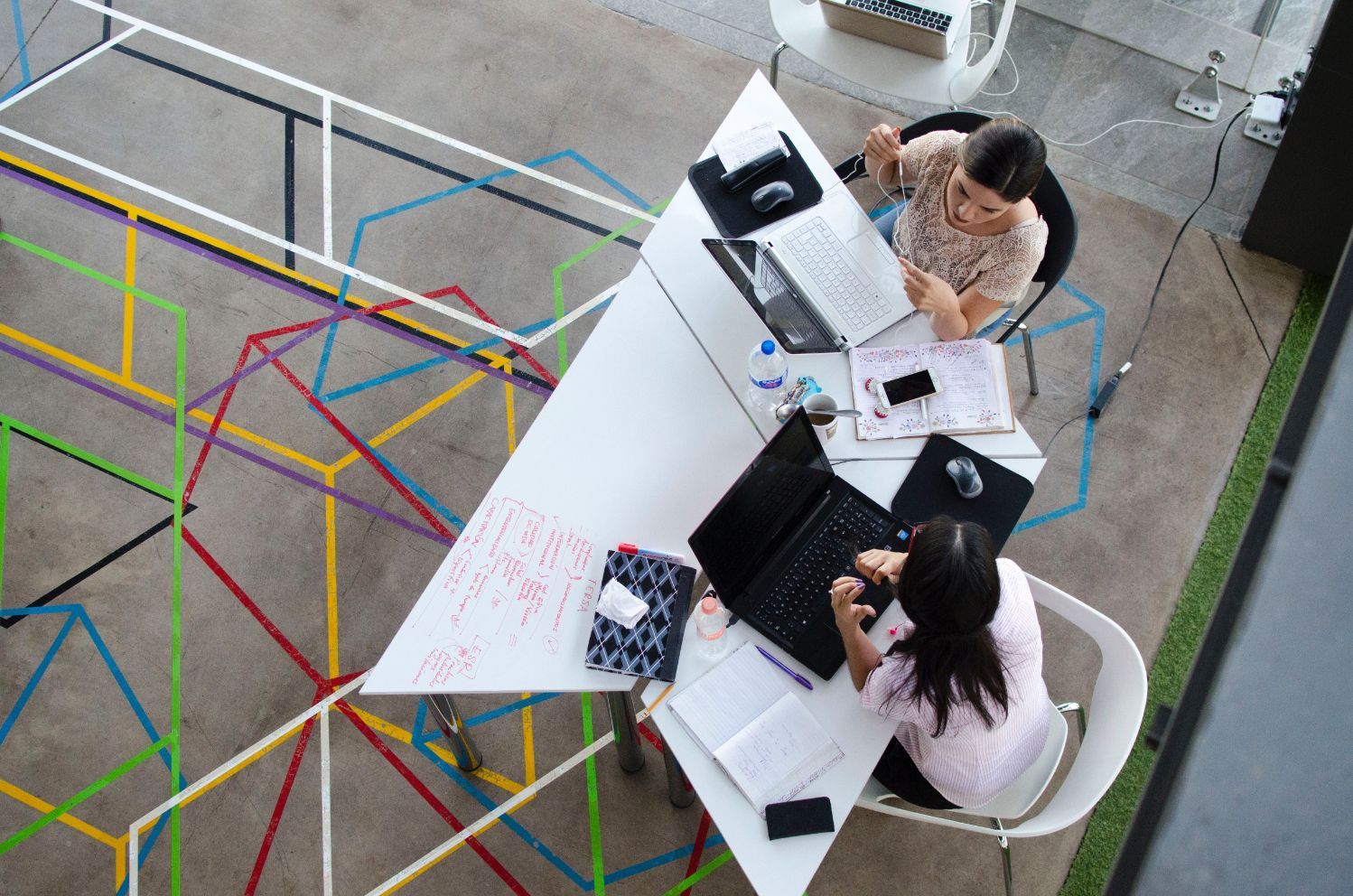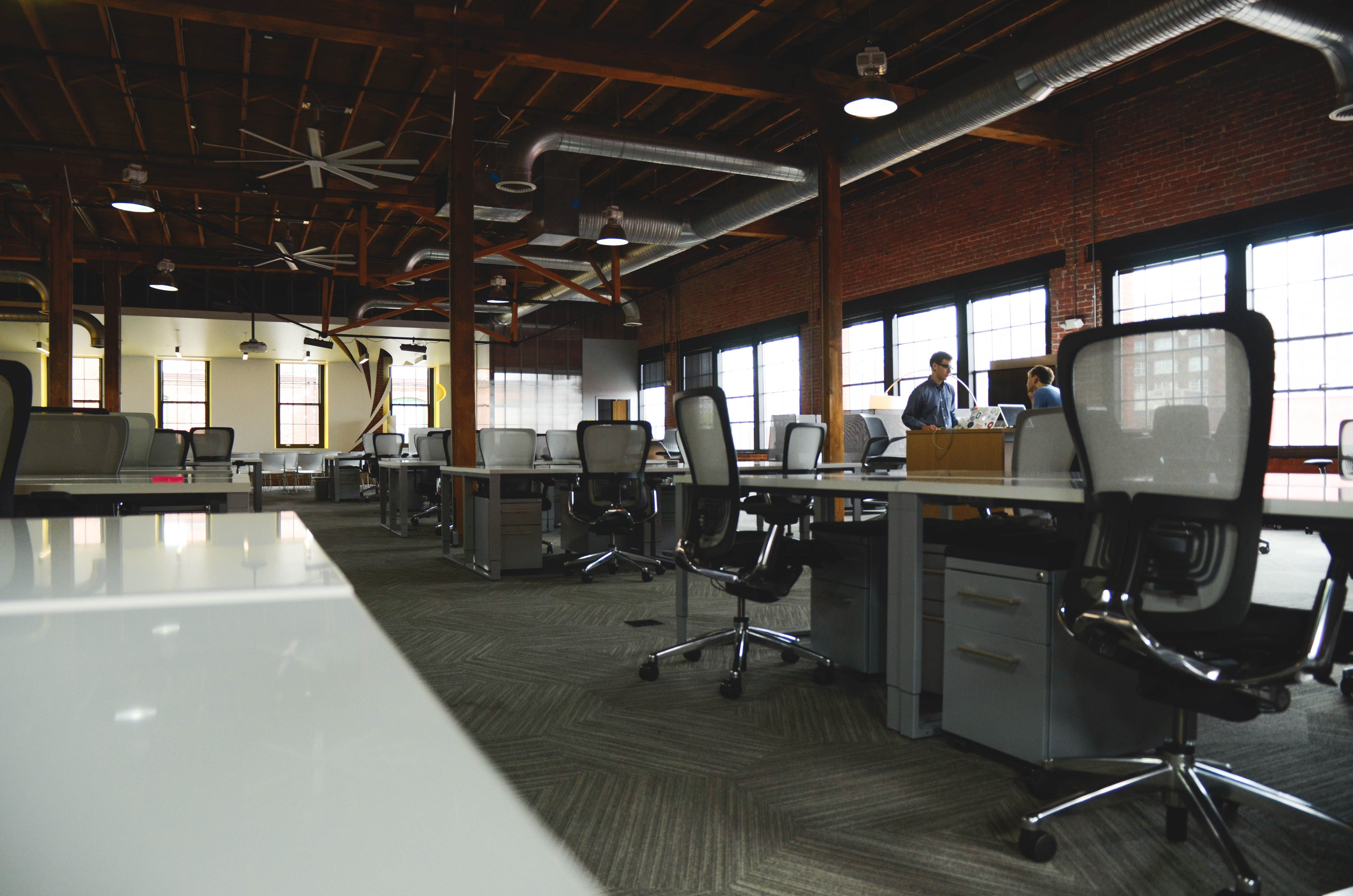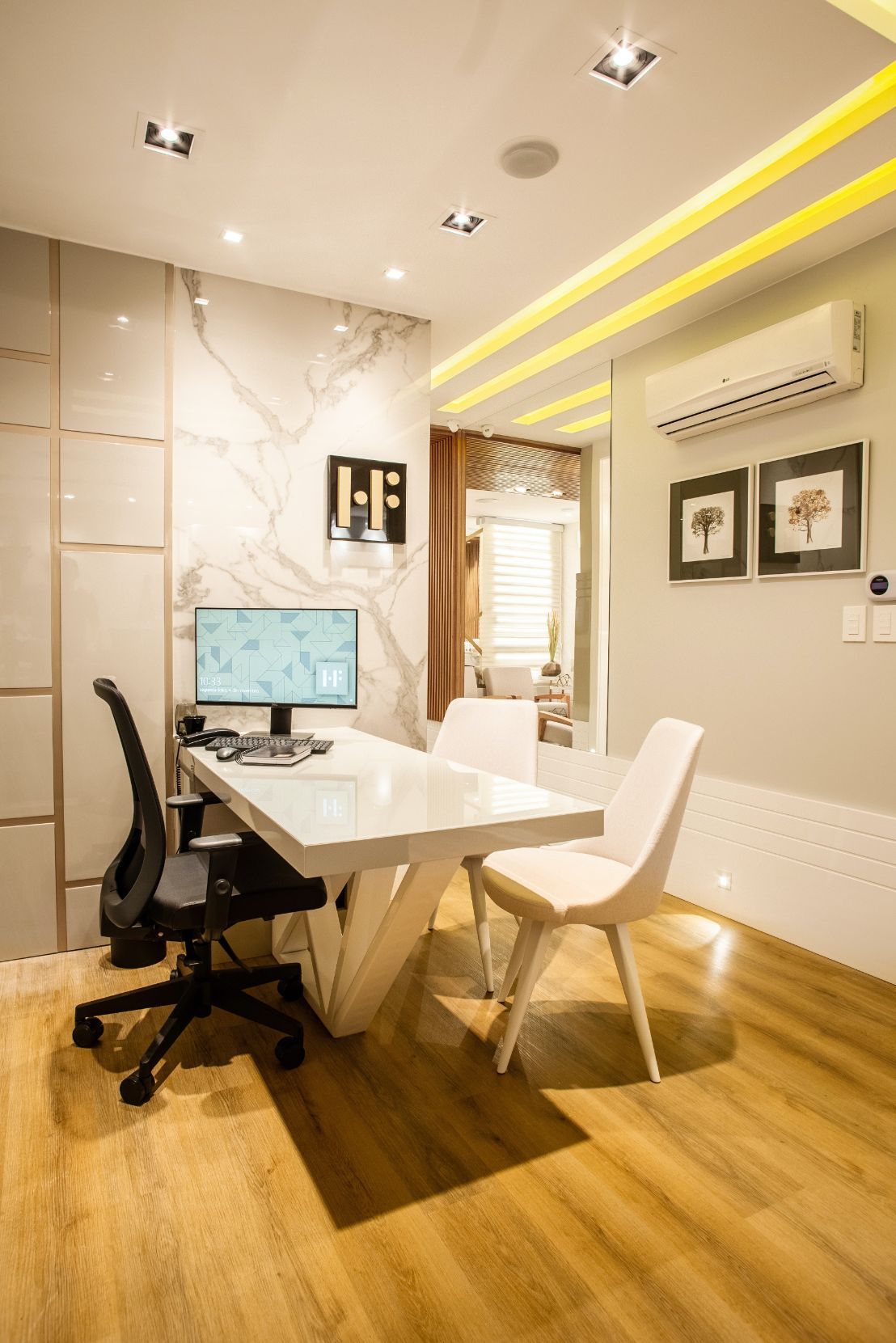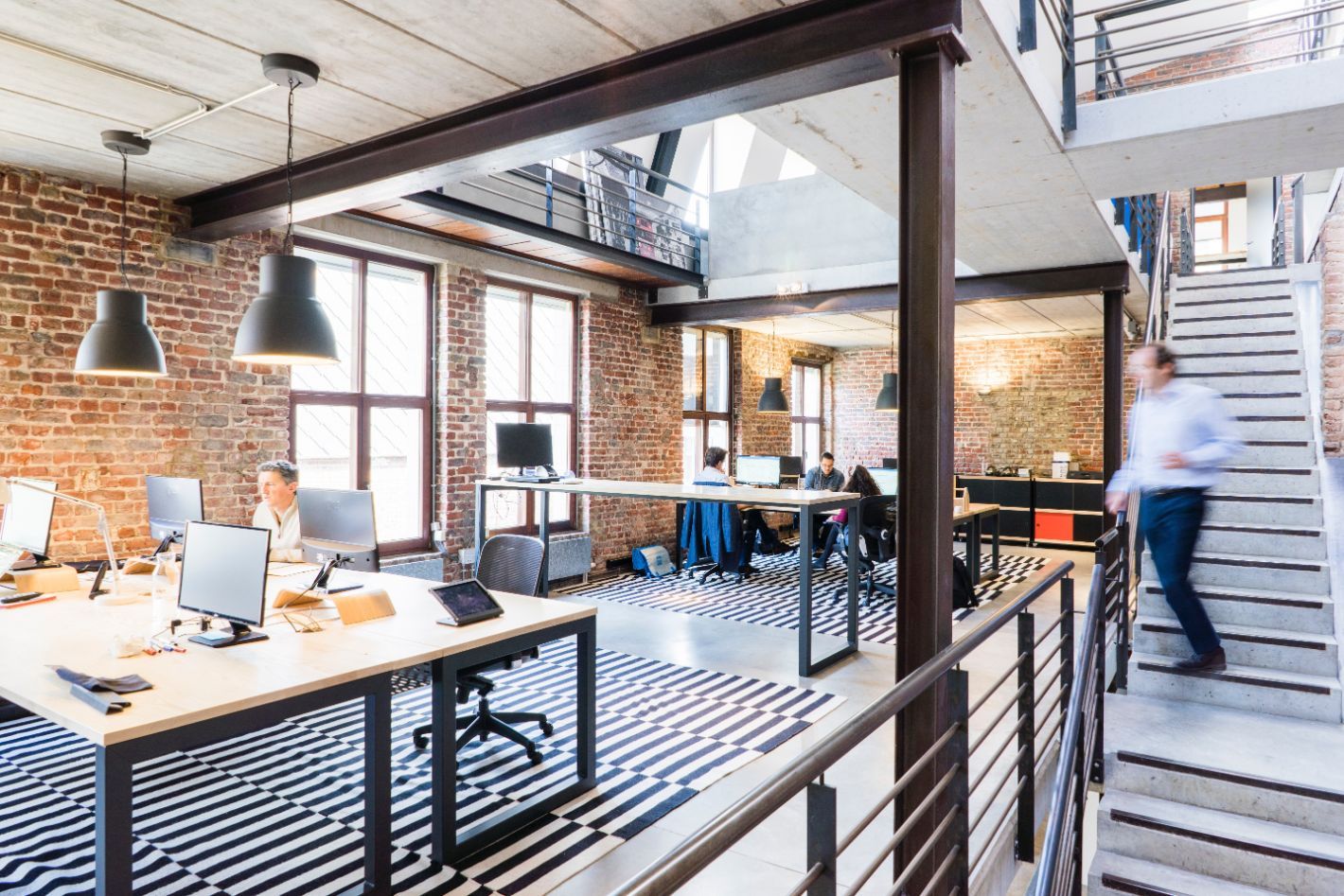What are the benefits of hot desking?
)
Research by the CIPD found that 62% of organisations now offer employees home-working on a regular or ad hoc basis.
A further 18% intend to introduce it, and 60% are planning to expand it. This shift to hybrid working, including the adoption of hot desking, is here to stay, and we’ve all seen how it’s changed the way people use offices.
With organisations under pressure to reduce both costs and their environmental impact, many are using the switch to hybrid working as a once-in-a-generation opportunity to reshape their workplaces. Hot desking is at the centre of these initiatives. But what exactly does hot desking mean? How does it differ from desk hoteling, office hoteling, and free seating? And what are the advantages of hot desking?
Read on to discover:
- The meaning of hot desking
- The impact hot desking can have on productivity
- How hot desking could help you cut costs and your impact on the planet
What is hot desking?
Hybrid working means you no longer need every employee to have an assigned desk, as this would result in lots of empty office space. Instead, hot desking is where individuals can book a desk of their choosing for the time they’re planning to be in the office. The rest of the time, that desk is available for others to use.
This approach requires a hot desk booking system, ideally with an accompanying hot desk booking app to support mobile workers.
Hot desking vs free seating
The terms ‘hot desking’ and ‘free seating’ sometimes get used interchangeably. But the two aren’t the same. Hot desks are bookable in advance, whereas free seating works on a first-come, first-served basis. Some organisations will offer a blend of hot desks and non-bookable free-seating desks.
Hoteling vs hot desking
Other terms you may hear are ‘hoteling’, ‘desk hoteling’ and ‘office hoteling’. These too are different from hot desking, in that they refer to longer booking durations.
A hot desk booking will typically be for up to a day. Desk hoteling or office hoteling bookings are longer-term – much like the way you’d book a hotel room. An employee gets the use of the desk for the period of their booking, which could be a few days, weeks, or even months, depending on their need.
Office hoteling can be a good way to enable teams to collaborate effectively on projects that last for longer than a couple of days.
Does hot desking improve productivity?
The short answer to this is that yes, hot desking can improve productivity, when you implement it in the right way, with a powerful hot desk booking system. Let’s look at a few of the ways hot desking contributes to increased productivity.
- Hot desking lets people choose the most suitable workspace
Hot desking lets people choose the workspace where they’ll be most productive. Some will do their best work in a bustling hive of activity. Others will find this distracting, and be more productive in a quiet zone. Some employees will work better in a warmer area, while others like it cooler. A hot desk app, perhaps coupled with environmental information from sensors, such as temperature, noise, and light levels, lets each employee pick the right workplace for them.
- Hot desking improves teamworking and collaboration
Hot desking improves collaboration by letting people flex who they sit with. Your marketing manager may need to work with the HR team on a recruitment campaign today, and with one of your product teams on a new launch tomorrow. A hot desk booking system that shows people where colleagues have booked, enables them to choose workspaces close to whoever they need to collaborate with. A good hot desking system will also allow you to give certain teams priority over selected desks, meaning teams can have a ‘base’ in an office if they wish to use it.
- Hot desking boosts cross-departmental links
Hot desking can improve cross-departmental understanding and relationships. It’s common for people from different teams to end up booking hot desks next to each other. The chance encounters and conversations this leads to can in turn boost overall organisational productivity.
- Bookable hot desks guarantee people a place to work
Booking a hot desk means an employee has a guaranteed space to work when they come to the office. They won’t lose time wandering round the building looking for a desk, or find the site full when they arrive, meaning they’d have to travel home or to another office.
- Hot desking supports hybrid working productivity improvements
Lastly, as we’ve outlined, hot desking will generally be part of a wider hybrid working strategy. Research shows that hybrid working has a positive impact on productivity. The aforementioned CIPD survey found that nearly half (46%) of respondents believed their employees were more productive when working in a hybrid manner or from home. Zooming out slightly, 38% felt that hybrid working had improved their organisation’s overall productivity. Only 13% believed it had decreased productivity.
How does hot desking save money (and emissions)?
As we touched on above, adopting hot desking can typically reduce the number of physical desks you need, since there’s no longer a requirement to have one per employee. This rationalisation can unlock financial and environmental savings.
At the most basic level, you may not require as much office space as you previously did, meaning you can reduce the amount of space you’re leasing, or sublet parts of your buildings to others. Before you do this, however, make sure you’ve got good data on hot desk utilisation levels, to ensure you’ll still be able to meet your teams’ workspace needs, today and in the future.
Having high-quality insights about the way people are using your hot desks can also unlock more-immediate savings. Your workplace analytics may show that certain days are particularly quiet. At these times, you could close selected buildings, floors, or zones, resulting in reduced need for heating, cooling, lighting, and cleaning.
How to get started with hot desking?
Hybrid working promises many advantages to organisations across the public and private sectors. These include increased productivity, office cost savings, and a reduction in environmental impact. To truly unlock these and other benefits, hot desking needs to be baked into your ways of working.
That means having easy-to-use hot desk software that enables people to book the right workspace from anywhere. Good hot desk booking software will also give you valuable insights into how people are using your desks, so that you can intelligently optimise your buildings.
Matrix Booking offers hot desk booking as part of our wider workplace management suite, which includes meeting room booking, other workplace resource booking, visitor management, and workplace analytics.
Sign up for your free hot desking software trial today.



.png)
.png)
.png)
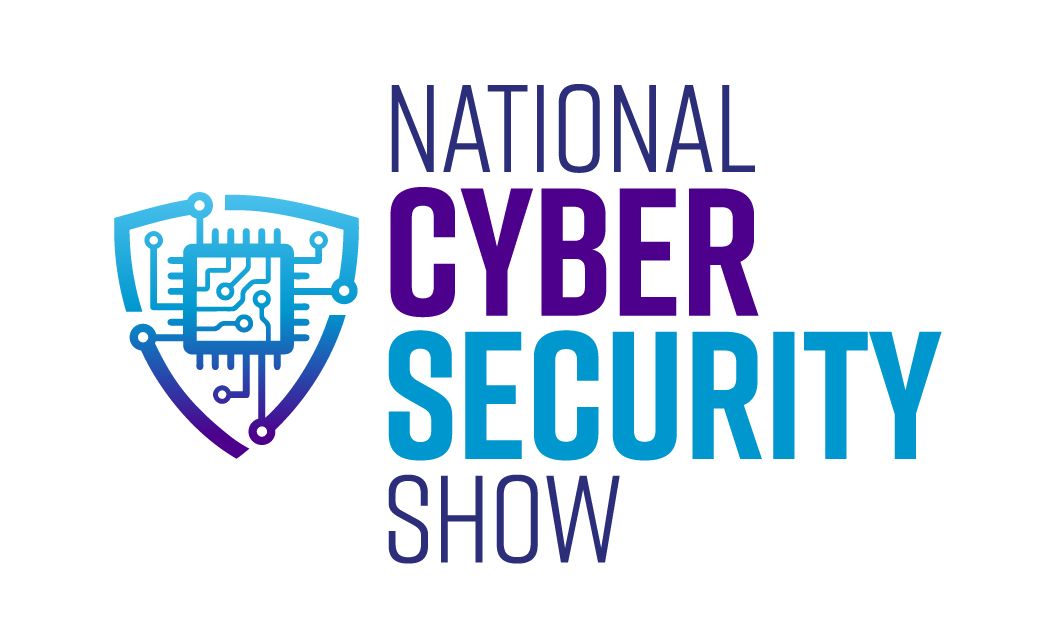
.png)



